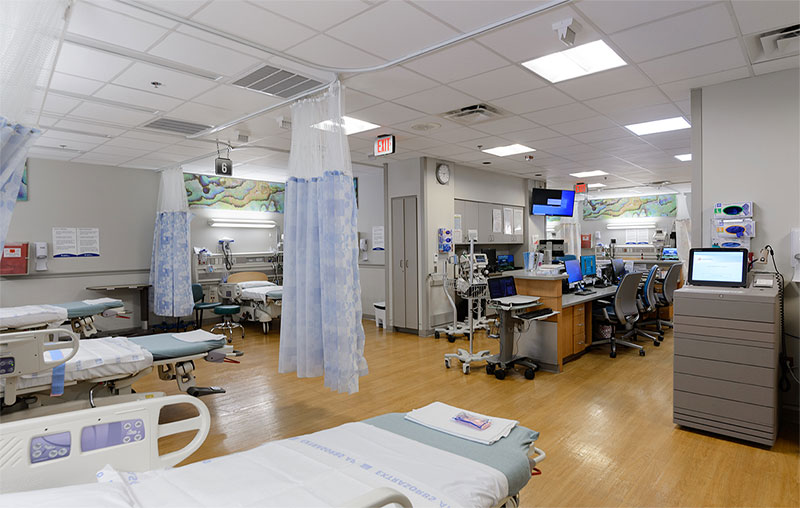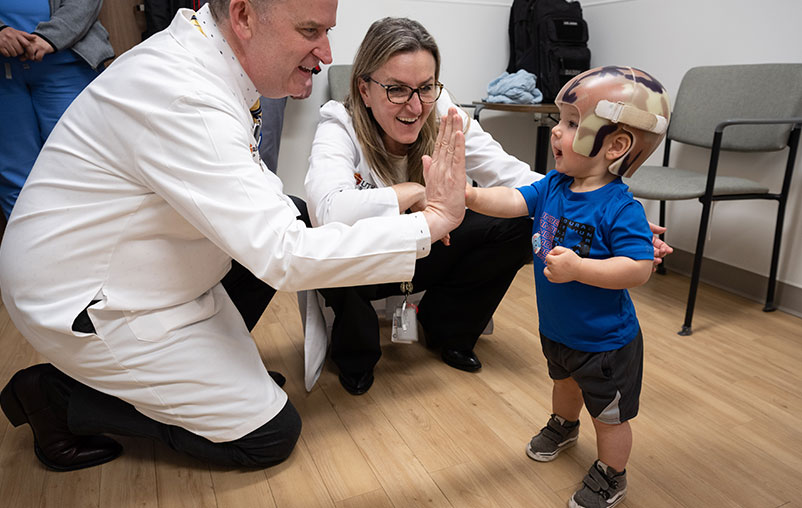Few medical advances are important enough to get their own day. But International Cochlear Implant Day is celebrated Feb. 25, and it’s worth taking a minute to understand why many people feel this technology is worthy of all the attention.
A cochlear implant is a surgical device that provides babies and adults who are deaf or no longer benefit from hearing aids the ability to hear sounds and, over time, the possibility to understand speech. Everyone has a different experience with cochlear implants. Some won’t benefit at all, some will only hear environmental sounds and for many others it’s a life-changing event that makes you understand the following quote from Helen Keller:
“Blindness cuts us off from things, but deafness cuts us off from people.”
I can argue that culturally deaf individuals are not cut off from people, since they communicate in sign language. However, typically most individuals who receive cochlear implants do not know sign language and would like to communicate through speech.
With that said, let’s celebrate International Cochlear Implant Day!
I can tell you from personal experience how this technology can change someone’s life. I wore hearing aids since the age of 5, but for some unknown reason in my early 20s, I started losing my remaining hearing at a very rapid rate. I could no longer understand speech with my hearing aids, and depended on lip reading in order to communicate with friends and family.
Ultimately, I decided it was time to get a cochlear implant for each ear. I was 27 years old when I received my cochlear implants. That’s more than 20 years of hearing impairment!
I wish I could tell you that I was able to hear speech the first day. In fact, at the beginning, everything sounded like “electronic mush,” as if I had little critters working in my head. When I heard my parent’s voice, nothing made sense. It was like listening to Charlie Brown’s teacher.
I was ready to give up, since I wanted to understand speech right away. Luckily, I knew other cochlear implant users, and with their encouragement I didn’t give up, but continued my listening therapy. I began to listen and appreciate new sounds such as running water, the tweeting of birds, the chirp of cicadas, electronic beeps on the microwave.
Simply put, you don’t know what you’re missing until you hear what you missed.
Eventually, I became a successful cochlear implant user and can understand speech very well. I can tell you there’s no comparison between struggling with hearing aids to hearing all the sounds with cochlear implants. I’ve got my intimacy moments back. I’m able to sit outside at night and have a conversation without needing a light to read lips. I can lie down and stare at the night sky and listen to someone share their deep thoughts, and I’m able to relax and enjoy a candlelit dinner. These were the moments I missed and I will cherish each moment as long as I can.
If you think you might be a candidate for a cochlear implant and have questions — or if you’re a current cochlear implant user and need mapping contact — University Health’s Hearing and Balance Center can help. Call (210) 358-4583.
Jerome Evans is an audiologist at University Health Photo by Chris 73, Wikimedia Commons





